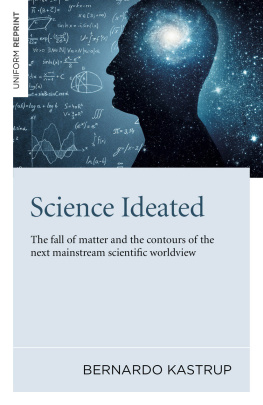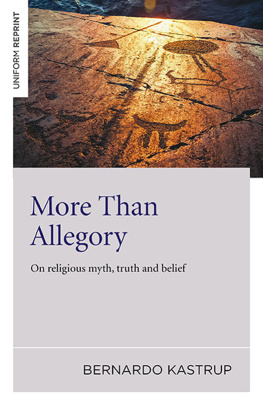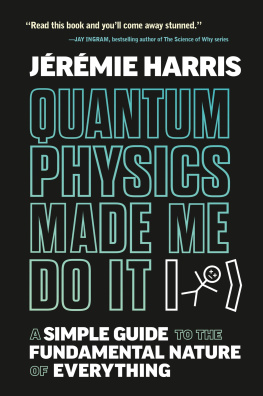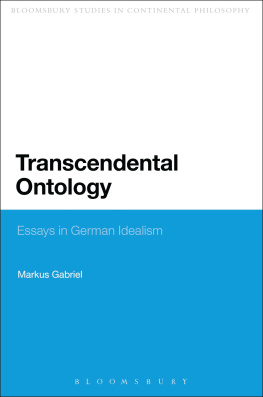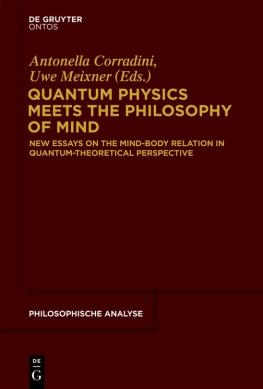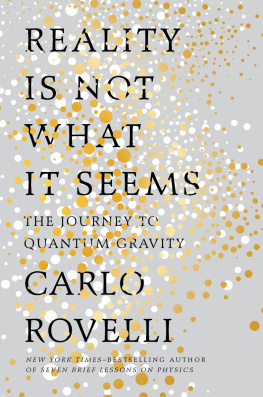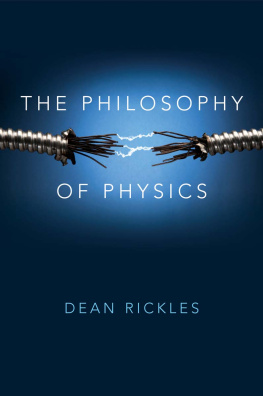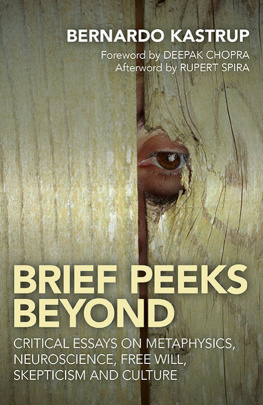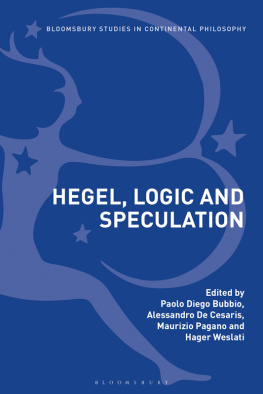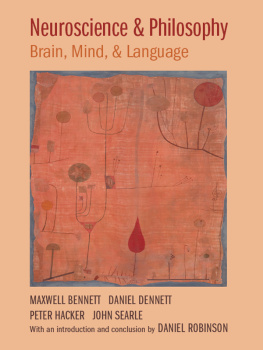First published by iff Books, 2019
iff Books is an imprint of John Hunt Publishing Ltd., No. 3 East Street, Alresford, Hampshire SO24 9EE, UK
www.johnhuntpublishing.com
www.iff-books.com
For distributor details and how to order please visit the Ordering section on our website.
Text and figures copyright 2016-2018: Bernardo Kastrup
Foreword copyright 2017: Menas C. Kafatos. Published with permission.
Afterword copyright 2017: Edward F. Kelly. Published with permission.
ISBN: 978 1 78535 739 8
978 1 78535 740 4 (ebook)
Library of Congress Control Number: 2017960354
All rights reserved. Except for brief quotations in critical articles or reviews, no part of this book may be reproduced in any manner without prior written permission from the publishers.
The rights of Bernardo Kastrup as author have been asserted in accordance with the Copyright, Designs and Patents Act 1988.
A CIP catalogue record for this book is available from the British Library.
Design: Stuart Davies
Printed and bound by CPI Group (UK) Ltd, Croydon, CR0 4YY, UK
US: Printed and bound by Edwards Brothers Malloy 15200 NBN Way #B, Blue Ridge Summit, PA 17214, USA
We operate a distinctive and ethical publishing philosophy in all areas of our business, from our global network of authors to production and worldwide distribution.
Contents
Other books by Bernardo Kastrup
Rationalist Spirituality: An exploration of the meaning of life and existence informed by logic and science.
Dreamed up Reality: Diving into mind to uncover the astonishing hidden tale of nature.
Meaning in Absurdity: What bizarre phenomena can tell us about the nature of reality.
Why Materialism Is Baloney: How true skeptics know there is no death and fathom answers to life, the universe, and everything.
Brief Peeks Beyond: Critical essays on metaphysics, neuroscience, free will, skepticism and culture.
More Than Allegory: On religious myth, truth and belief.
I must ask the reader to forgive me for having ventured to say in these few pages so much that is new and perhaps hard to understand. I expose myself to his critical judgment because I feel it is the duty of one who goes his own way to inform society of what he finds on his voyage of discovery. Not the criticism of individual contemporaries will decide the truth or falsity of his discoveries, but future generations.
Carl Gustav Jung: Two Essays in Analytical Psychology.
Acknowledgments
Although this book is credited to a single author, tangible and intangible contributions from many others permeate it throughout. I would like to thank, first of all, the anonymous reviewers of the academic papers that constitute the core of this work. Peer-review is often a flawed process and I have not been spared many of its shortcomings. But I happily acknowledge that most of the papers collected in this volume have been significantly improved thanks to critical feedback and suggestions from anonymous reviewers.
I am also grateful to the editorial teams of the open-access journals that originally published my papers. Fully open-access publicationscommercial and university journals alikeare often maligned for allegedly low-quality standards and poor editorial processes. While this may be the case for a number of unscrupulous journals, I am glad to bear witness to the fact that there are reliable, high-quality open-access options out there. Indeed, I believe strongly that the results of academic research and scholarship should not be hidden behind pay-walls. As such, I feel encouraged by the realization that a strong open-access movement is a growing reality in academic publishing. It is incumbent upon researchers and scholars alike to support this movement in every way we can.
The gracious support of David Chalmers has been instrumental in the months leading up to the completion of this work. Not only has David critically reviewed key parts of my material, he has also given me the opportunity to participatewith funding from the Global Institute for Advanced Studies of New York University, which I gratefully acknowledgein a specialized workshop late in the spring of 2017. My participation in that event, although taking place at a time when the papers collected in this volume were already either published or completed in draft form, has helped me bring the various ideas together more effectively, so to assemble a more compelling overarching argument.
Discussions I had with other colleagues have also been valuable. With the risk of leaving important names out, I would like to explicitly thank philosophers Itay Shani, Galen Strawson, Daniel Stoljar, Miri Albahari, Michael Pelczar, Barry Dainton, and Philip Goff. Neuroscientist Anil Seth has also been of much help by pointing out to me the relatively recent literature on so-called no-report paradigms in consciousness research.
Author and science journalist John Horgan, a valued pal, has graciously helped my ideas get visibility in the mainstream science media, despite his not necessarily agreeing with everything I have to say. This speaks volumes to Johns integrity and intellectual honesty. I am also thankful to Michael Lemonick, Chief Opinion Editor at Scientific American, for his continuing trust.
The feedback and encouragement I received from researchers of the Division of Perceptual Studies (DOPS), University of Virginia School of Medicine, during my visit there in the spring of 2016for which I also gratefully acknowledge fundinghave been key to the effort that eventually resulted in this book. Indeed, in hindsight, I realize that it all began there, in Charlottesville. I am particularly grateful to Edward F. Kelly, not only for the visionary Afterword he wrote for this book, but also for his continuing encouragement and guidance. I am grateful too to other scholars informally associated with DOPS, for the interesting discussions weve had.
Some people have been cherished intellectual partnersfellow travelers of the same thoughtscapes I feel compelled to exploresince before the idea of this book germinated in my mind. They are comrades and friends: Rob van der Werf, Paul Stuyvenberg, Richard Stuart, Deepak Chopra, Rupert Spira, Neil Theise, Subhash Kak, Rudolf Tanzi, Jeffrey J. Kripal and many others. I am especially grateful to Menas C. Kafatos, not only for the Foreword he contributed to this volume, but also his invaluable endorsement of the ideas expressed in it.
Last but not least, those close to me know that, despite appearances to the contrary, my inner life is not an easy ride. The loving and reassuring presence of my partner, Claudia Damian, has been the solid foundation upon which I have managed to remain centered and productive, notwithstanding my inner struggles and vulnerabilities.
Foreword by Menas C. Kafatos
The Idea of the World is an unusual and challenging book in many ways. Bernardo Kastrup pulls together previously peer-reviewed articles into a coherent new manuscript. This is not usual. However, due to the rigor pursued and the fact that the articles form a continuous and evolving set of ideas, it does make a lot of sense. It is hard to find a book that would not just repeat works already published but instead build on them and present a coherent whole. The Idea of the World does this marvelously.
As the author indicates, his previous approach in earlier books was to provide the readers with a felt sense of the world he was describing. But the present book goes in a different and, at this point, correct direction, building on his previous manuscripts to provide a philosophically sound and rigorous formulation of the idealism he espouses. Starting from many empirical facts, such as the correlations of brain activity with subjective experience (which current neuroscience, overextending itself in my view, assumes to hold a causal connection); the obvious fact that we all appear to share the same world; the fact that science is even possible and, specifically, that the laws of physics operate independently of subjective or personal wishes (but do they really?); and countless other examples that seem to point to an external, physical reality, Kastrup develops a clearly proposed ontology


